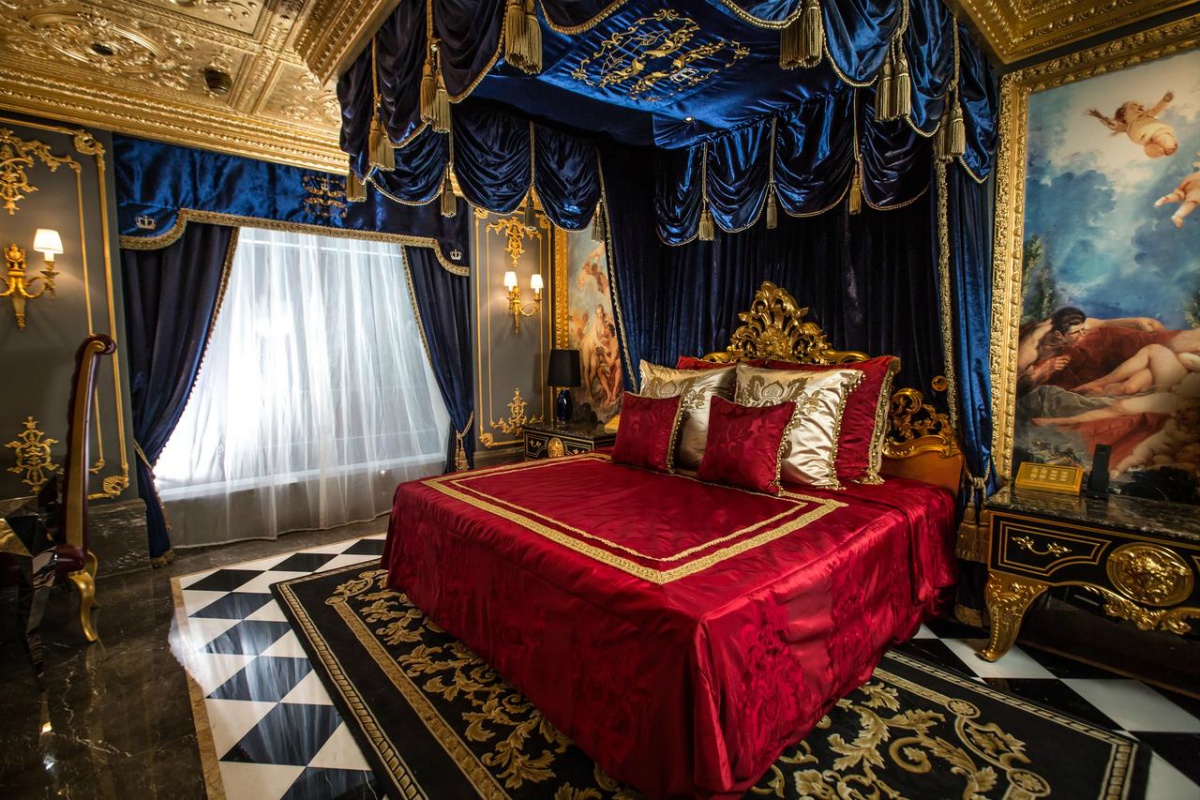The 13 Macau Says Hotel Property Lost $600M in Valued Assets in Latest Fiscal Year
Posted on: July 11, 2019, 01:00h.
Last updated on: July 11, 2019, 09:53h.
The 13, a $1.6 billion resort located in the southern section of Macau that was designed with an ultra-VIP casino in mind but remains a non-gaming property, is bleeding money. The parent company is warning shareholders to prepare for the worst.

In filings made this week with the Hong Kong Stock Exchange, parent company South Shore Holdings reveals it again lost more money in its latest fiscal year than in the previous one.
“The company expects to make an impairment of approximately HKD4.7 billion ($600 million) on the carrying amount of assets under the hotel segment in its financial statements for the year,” the filing declared.
Investopedia explains, “Impairment is an accounting principle that describes a permanent reduction in the value of a company’s asset, normally a fixed asset.”
The 13 opened in September without the casino most gaming analysts believe it desperately needs to attract the type of wealthy clientele the 201-room all-villa property desires.
Company Outlook
Trading of South Shore Holdings was stopped on June 28. The stock closed that day at HKD0.22, which is just shy of a measly three pennies. Trading will remain suspended as the company works to finalize its fiscal year-end statement.
South Shore disposed of its 51.76 percent interest in Paul Y. Engineering in June of 2017 for $38.37 million. “We believe it is timely for the disposal to take place so that the management team can focus more time and resources on the core hotel business,” South Shore Chairman Paul Cooker said.
Developer Stephen Hung – the flamboyant Hong Kong businessman who envisioned The 13 – sold the stake in Paul Y in 2017 at a deep discount to South Shore in order to keep the resort’s finances in order.
Hung has since resigned from the company amid investor revolt. Shares, today worth less than three pennies each, were soaring in 2014 when the billionaire announced a public offering in his Macau casino project.
China President Xi Jinping’s crackdown on VIP junket groups that year led to many of the travel groups that were catering to the mainland’s wealthiest citizens to close up shop. As a result, there were fewer high rollers in Macau, and gross gaming plummeted from $45 billion in 2013 to less than $28 billion three years later.
Macau VIP
Despite other casinos diversifying their properties to appeal to more of the mass market, Hung pressed on with his ultra-luxury project. He spent $20 million on 30 Rolls-Royce Phantoms to serve as guest shuttles, 24 of which were sold at a deep discount last month.
The 13 stands more than a mile south of The Parisian, which is the southernmost end of the Cotai Strip where multibillion-dollar casino resorts are lined. The red hotel is a towering reminder of the days when the VIP was fueling the gaming industry in the world’s richest gambling hub. Now, it’s the mass market and increased tourism.
Travelers who have stayed at The 13 have given mixed reviews. A verified Expedia user explained, “The rooms are incredibly extravagant. I’ve never stayed anywhere so lavishly decorated. However – the pool was closed and the pool area looked unfinished, many areas of the hotel where unopened or unused.”
No comments yet